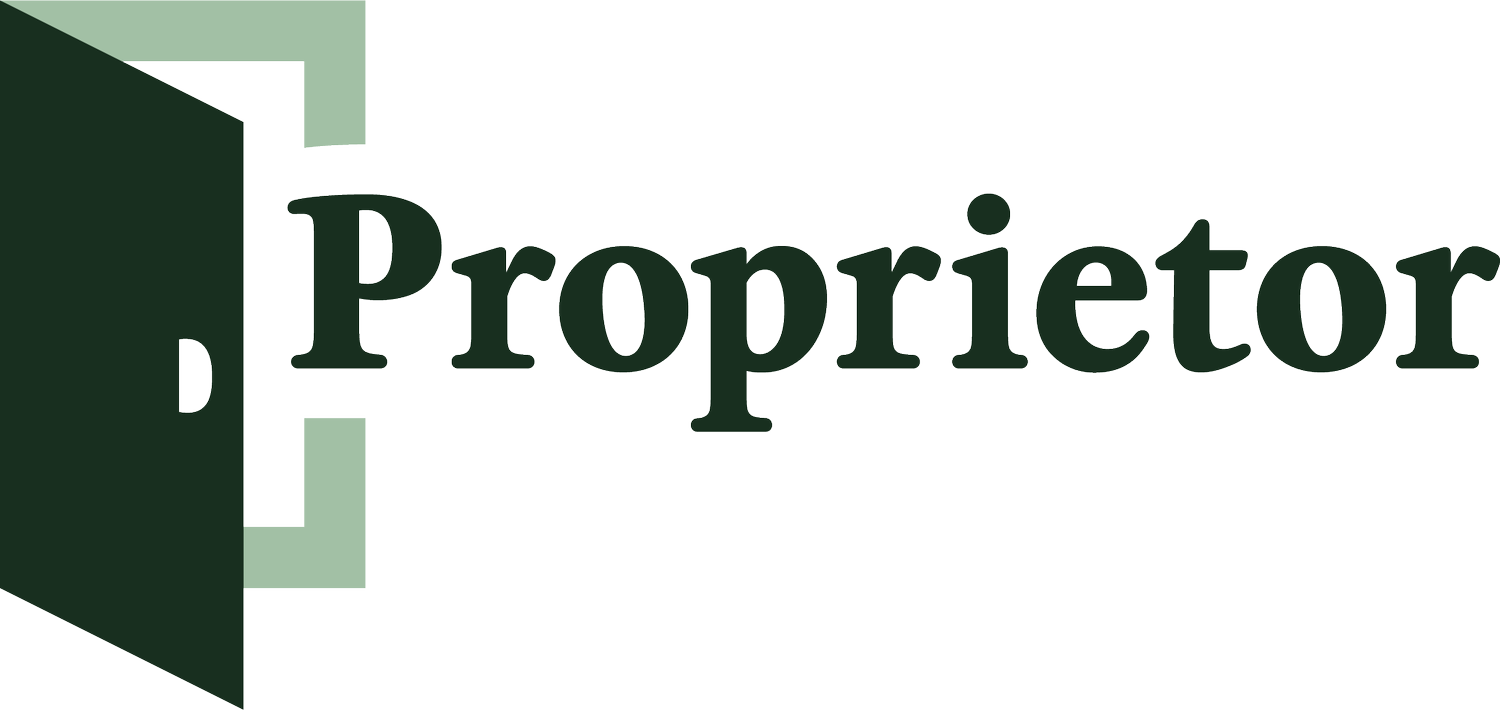Why We Created Proprietor
Very small businesses are the backbone of our economy and our communities, and their survival is uncertain.
96% of all businesses in the U.S. have revenues of $1 million or less. 92% of U.S. businesses have fewer than five employees, including the owner. In Maine that represents ~ 27,000 businesses.
A silver tsunami of closures is predicted as approximately half of these businesses are have owners aged 55 and older. Historically these businesses are far more likely to close than to be sold when their owners retire, and of the few that do go on the market, it is estimated that only one in five are actually sold.
About Proprietor
Why We Need Small Businesses
The retention of successful and established small businesses is critical to rural communities. These businesses have important cultural and economic spillovers; They provide employment and circulate three times more money back into local communities than absentee-owned businesses and corporate chains.
When businesses close in rural areas, everyone loses. Small towns lose their services, plus the economic and social drivers that make them desirable places to live. Workers, especially young ones, lose their jobs and move elsewhere.
Additionally, self-employment and business ownership are key tactics for building wealth and economic mobility. Studies show that households in which the head of household is self-employed have substantially higher wealth levels than those in which the head works for someone else.
How it Works
Proprietor provides support and tools to its paid membership community…
…to ensure prospective buyers & sellers are fully prepared for transition.
…to identify the best match and outcome for both buyers & sellers.
… to provide new & retiring business owners continuing value.
Meet Our Founder
Martha Bentley
Martha dreamed up Proprietor from her previous experiences as the Small Business Ombudsman for the State of Maine, entrepreneurial support work at Maine Technology Institute, and as a small business owner. She comes from a family-owned small business that did not survive the transition-to-new-ownership experience and wants to help the next generation of small business owners.
Martha is committed to the idea that small businesses add value to our economy and communities and that business ownership is a key opportunity to build wealth. Martha lives in and loves West Gardiner, Maine.
Our Values
-
Trust is based on both character and competency. Trust is built over time through consistent behavior and actions that demonstrate reliability, transparency, accountability, and competence. Trust-based business decisions can be made more quickly and cost less money. Trust is the foundation of any strong partnership, collaboration, or transition.
-
Honesty is being truthful, sincere, and straightforward. Honesty means being transparent and genuine, and not misleading or deceiving others intentionally. Honesty is closely linked to integrity, credibility, and trustworthiness. It promotes accountability, fairness, and mutual respect.
-
Lagom is a Swedish concept that roughly translates to "not too much, not too little." It is the idea that one can have “enough” - money, time, talent - and our actions are based on this premise.
-
Idealism is being motivated by the desire to create a better world and the potential for positive change. We are building a system that will have a positive impact.
-
Curiosity is a strong desire to learn or know more. A curious person asks a lot of questions, seeks out new information or experiences, and has an open-minded approach. Curiosity can lead to new discoveries, insights, and opportunities.
-
Community is a group of individuals who come together voluntarily or by circumstance, and often share a sense of belonging and mutual support. They can provide individuals with connections, a sense of belonging, and opportunities for collaboration, mutual aid, and collective action. We are committed to our local communities as well as our Proprietor community.
-
Ethics is adhering to a set of principles that guides behavior and decision-making in a morally acceptable way. It encompasses a broad range of concepts, such as honesty, integrity, fairness, responsibility, respect for others, and accountability.
-
Curb Cut Thinking is an approach that considers the needs and experiences of people with diverse abilities, backgrounds, and perspectives throughout the design process, rather than retrofitting solutions after the fact.
The term "curb cut" specifically refers to the sloped transitions between sidewalks and streets, which were originally designed, after a hard-won fight by disability activists, to help people using wheelchairs navigate city streets, but which have since become a ubiquitous feature of any city or town streetscape. Curb cut thinking recognizes that designs and systems that are accessible and inclusive can benefit everyone, not just those for whom they were originally designed.



